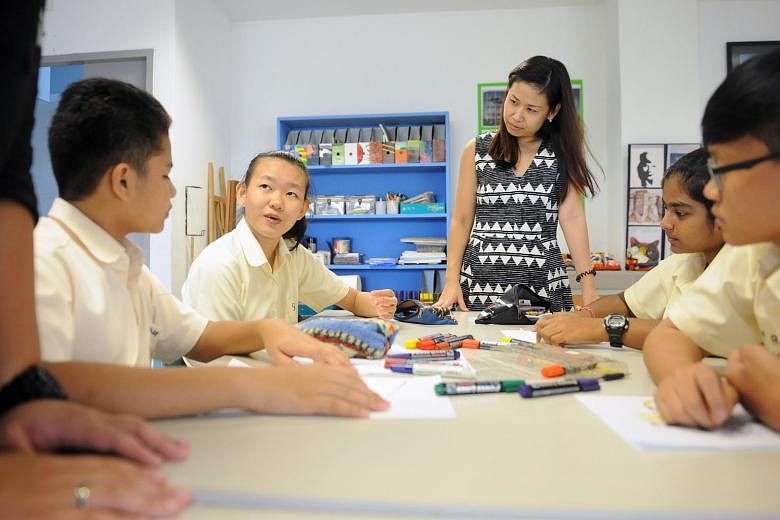Mrs Marietta Koh brings up a good point ("Equip teachers to handle social studies class deftly"; last Monday). Whether the new social studies curriculum is a success or not depends on the teachers on the ground.
In the Singapore education system, the pressure to produce good grades at all costs is so intense that teachers often tailor their methods towards producing high grades.
This often comes at the expense of inculcating intellectual curiosity and divergent thinking.
As a result, the instruction in humanities subjects, including social studies, tends to be in the form of rote memorisation of content for use in examinations.
Instead of formulating their own ideas and discussing them with their classmates, students refer to study guides, examination rubrics and teacher-generated notes in order to master the "correct points" in the "correct language" so as to ensure a distinction in the exams.
This is against the spirit of the humanities.
The use of rote pedagogies in classrooms means that students merely become over-reliant on their teachers to interpret society and the human condition, instead of developing these ideas themselves.
The reforms to the social studies syllabus, such as the implementation of the structured response section and the "issues investigation" project components, are steps in the right direction in reforming the subject.
However, if the pedagogy of social studies teachers is not revised, we may find these attempts at fostering critical thinking futile.
The Ministry of Education and National Institute of Education should work to reduce teachers' reliance on traditional rote methods, and increase the willingness of teachers to promote independent critical thinking.
The assessment format should also be revised to ensure that it rewards students who take intellectual risks and present independent insights. This would create an incentive for teachers to promote intellectual risk-taking and independent thinking in class.
Only by getting to the root of the problem and reforming pedagogy can true, tangible reform be enacted in the teaching of social studies.
Ng Qi Siang

